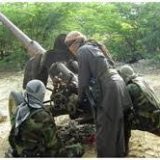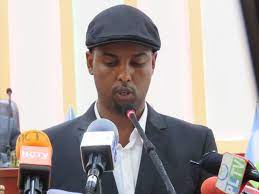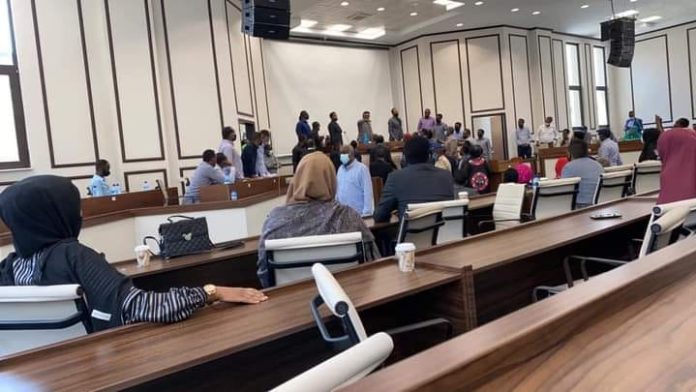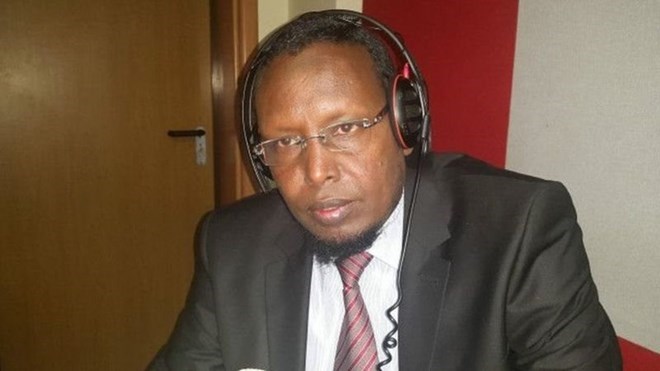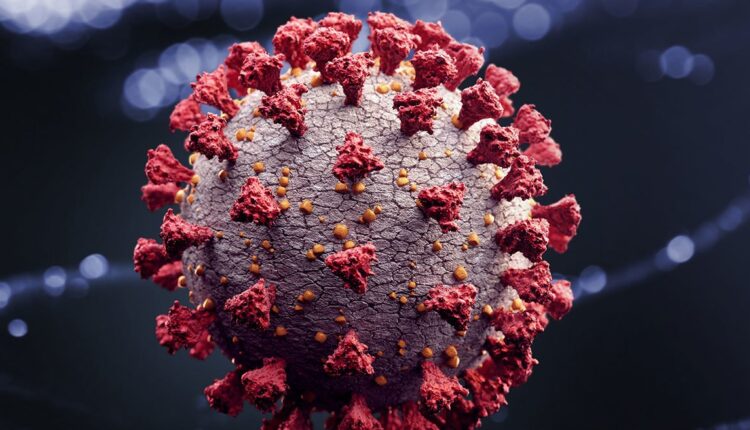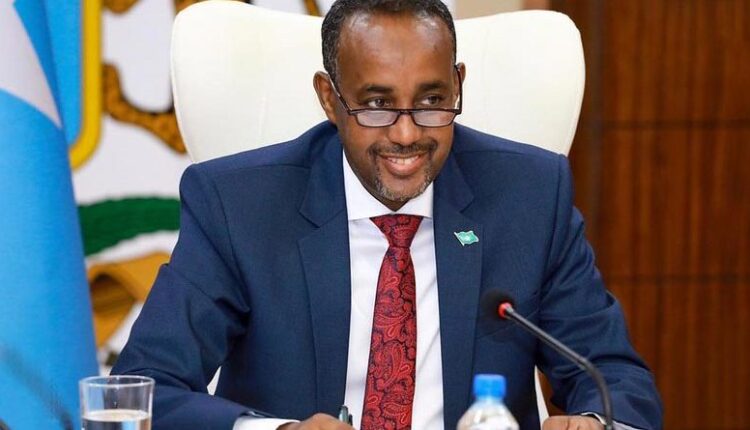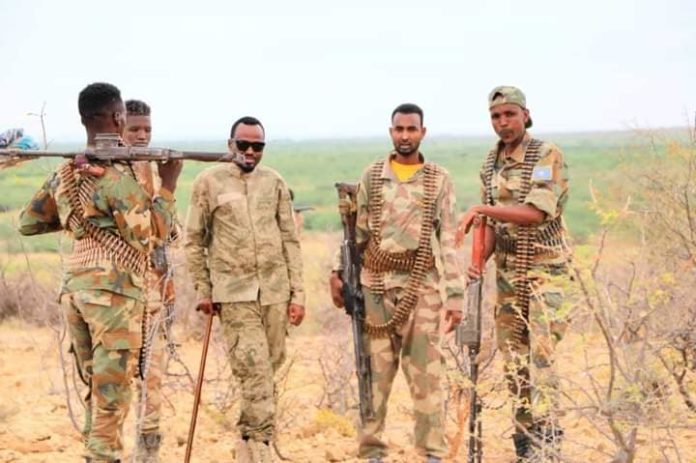Somalia has sent out an appeal for help to address the escalating impact of drought in the country’s Gedo region, where hundreds of people requiring food and water rations.
International and regional humanitarian bodies have raised the alarm on the hunger situation in the Horn of Africa and region extending into South Sudan and northern Kenya.
Khadija Diriye, Somalia’s Minister for Humanitarian Affairs and Disaster Management said in a statement last week that aid agencies were welcome to supplement local efforts in providing life-saving items.
“I call on agencies and Somali people to prioritise scaling up of responses to these early signs of the drought,” she said on Monday adding, “The food insecurity situation is now extremely concerning with potentially disastrous consequences for the millions of our people are who are now facing crisis levels of food shortage.”
The government said there are “signs of severe pre-drought”, listing Gedo in Jubbaland, near the border with Kenya, South West, Puntland, Galmudug and Somaliland.
But the UN and other humanitarian organisations are warning of more months of hunger in the Horn of Africa region in general, as a result of drought, conflict and the Covid-19 pandemic. The latest situational report by the UN Food and Agriculture Organisation (FAO) said almost 50 million people in the region require urgent food and water assistance. And it lists Kenya, Somalia, Ethiopia and South Sudan as areas “of particular concern.”
A statement from the European Civil Protection and Humanitarian Aid Operations (ECHO) said Kenya’s Mandera County and neighbouring Somalia’s Gedo region “are facing an alarming drought situation.” In its current appeal, the FAO is seeking at least Ksh110 billion ($1 billion) to invest in vulnerable groups and shield them from hunger. The money is supposed to help provide feed for livestock, water trucking to villages, cash transfers to the hungry and support farmers to take advantage of the expected rainy season next month, in some parts of the Horn.
At the same time the Intergovernmental Authority on Development (Igad) estimates that 31 million people in member states are facing severe food insecurity and in need of urgent assistance.
However, of particular concern, Igad’s executive secretary Workneh Gebeyehu said are 105,000 South Sudanese whose food security status was categorised as catastrophic.
“A closer examination of this crisis shows that the effects of climate change, natural disasters and economic shocks, will claim more of our people’s lives than conflict alone. Considering, that approximately 70 percent of the land area in the Igad region is categorised as arid and semi-arid, it is gravely concerning that our climate projections show that the Igad region is on the frontlines of climate change and will on average, heat up twice as fast as the rest of the world,” said Dr Gebeyehu.


